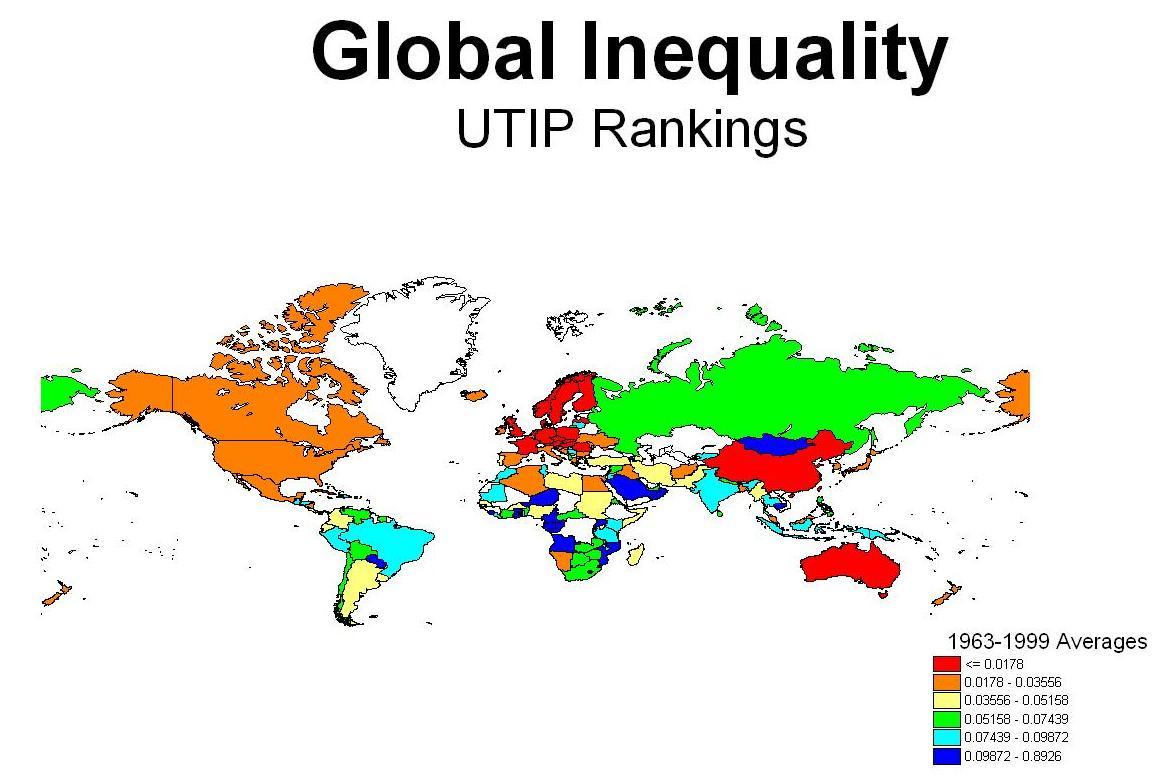
«Southern European welfare states suffer from many of the same problems as the Continental family - especially in the labour market - but they also have their own specific traits. In Spain, Portugal and Greece and (to a lesser extent) Italy, the welfare state developed later than in northern Europe and has ad to cope with more difficult socio-economic enviroments. Social protection entered the age of permanent austerity on a state of institutional and financial underdevelopment and was beset by internal unbalances. The social transfer systems of these countries have peaks of generosity for certain occupational groups alongside large gaps of protection for certain others. Insiders and outsiders - both in the labour market and more general acess to benefits - are separated by a sharp divide in terms of guarantees and opportunities. The black economy is excessive, posing serious efficieny and equity problems. Public services are still unevenly distributed and, in some cases, insufficient and/or inefficient. These countries have thus been forced into shifting coverage, providing less generous benefits for insiders and - to the extent that budgetary constraints allow it - new benefits and services for the outsiders. The inherent difficulty of doing so is aggravated by a particularly adverse demography: southern European populations (especially those of Italy and Spain) are ageing at one of the fastest rates in the world». (e Portugal não fica muito atrás). (p.157)
Maurizio Ferrera, Anton Hemerijck e Martin Rhodes, "Recasting European welfare states", in Welfare Futures, editado por Stephen Liebfried (2001)










5 comments:
É um diagnóstico certo (ainda que algo óbvio), mas não está para lá das polémicas. Liga mesmo muito directamente às polémicas do post Jobless growth
SIm, queria dizer para além das (más) polémicas feitas por aí que ignoram alguns factos elementares, que por isso tornam as discussões impossiveis, e reduzem todas as decisões políticas à ideologia ('neo-liberalismo' e etc.). Se fosse tudo redutível à ideologia, o mundo era um local mais fácil - sobretudo as decisões políticas eram muito menos complicadas. Infelizmente, os constrangimentos institucionais nestas coisas são de tal ordem que, para citar o saudoso J.K.Gaibraith, fazem com que «a política não [seja] a arte do possível. Consiste em escolher entre o desastroso e o desagradável».
E, claro, isto bate certo com o 'jobless growth', que é exactamente o que é suposto acontecer quando a realidade é que é aqui diagnosticada. Mas estou a imaginar a esquerda a bradar contra o "jobless growth" e depois a não querer fazer nada relativamente ao mecado de trabalho para alterar o padrão de resposta da economia...
essa 'esquerda' , infelizmente, não é preciso imaginá-la. Mas para evitar as 'críticas' vazias dela ao 'neoliberalismo' seria melhor evitar coisas como a que se fez agora com as estradas, diga-se
Recordando o Galbraith, essa parece-me mais próxima do pólo do "desastroso"...
ainda continua, veremos no que dá...
Post a Comment